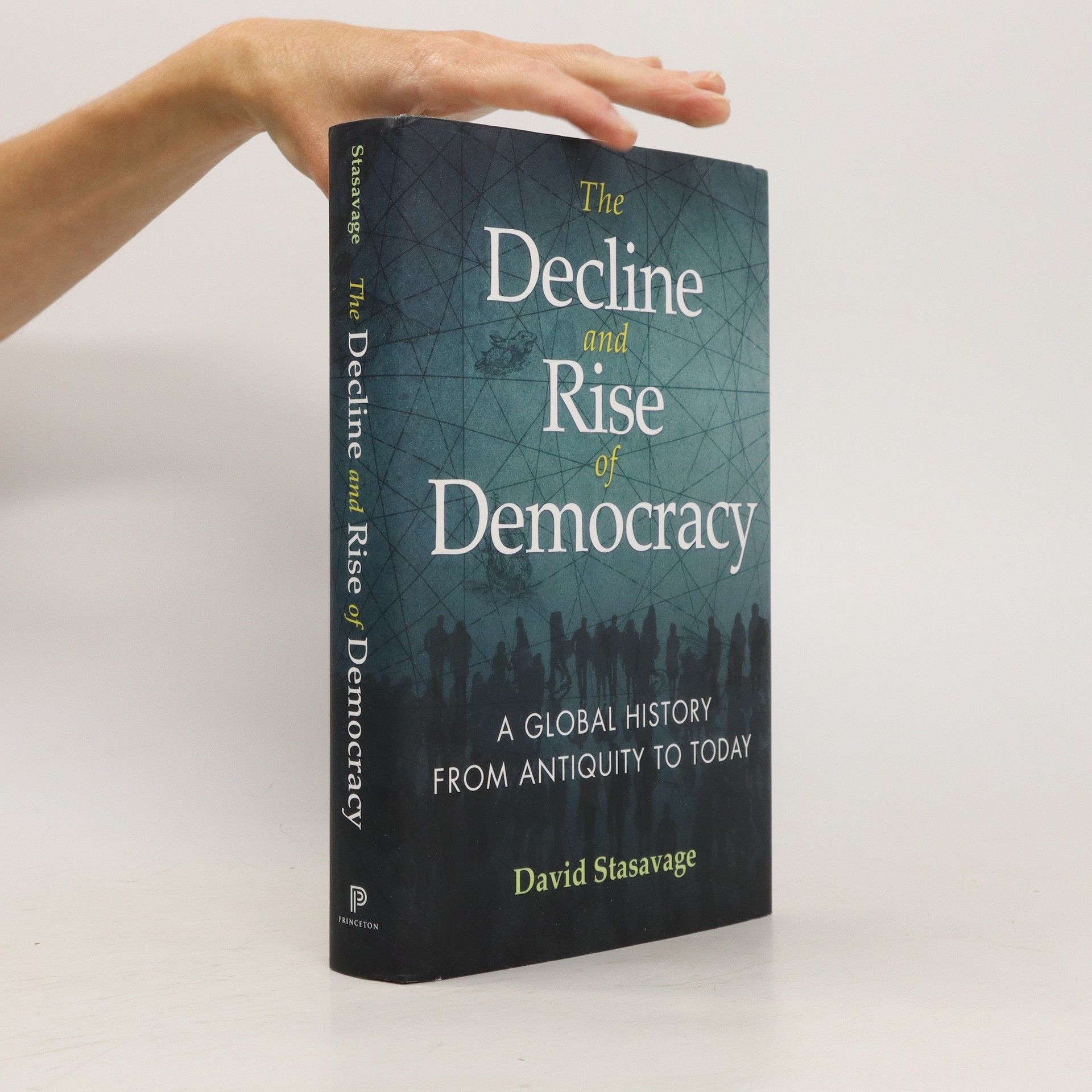The Decline and Rise of Democracy
- 424 pages
- 15 hours of reading
"Historical accounts of democracy's rise tend to focus on ancient Greece and pre-Renaissance Europe. The Decline and Rise of Democracy draws from global evidence to show that the story is much richer--democratic practices were present in many places, at many other times, from the Americas before European conquest, to ancient Mesopotamia, to precolonial Africa. Delving into the prevalence of early democracy throughout the world, David Stasavage makes the case that understanding how and where these democracies flourished--and when and why they declined--can provide crucial information not just about the history of governance, but also about the ways modern democracies work and where they could manifest in the future."-- Publisher's website
